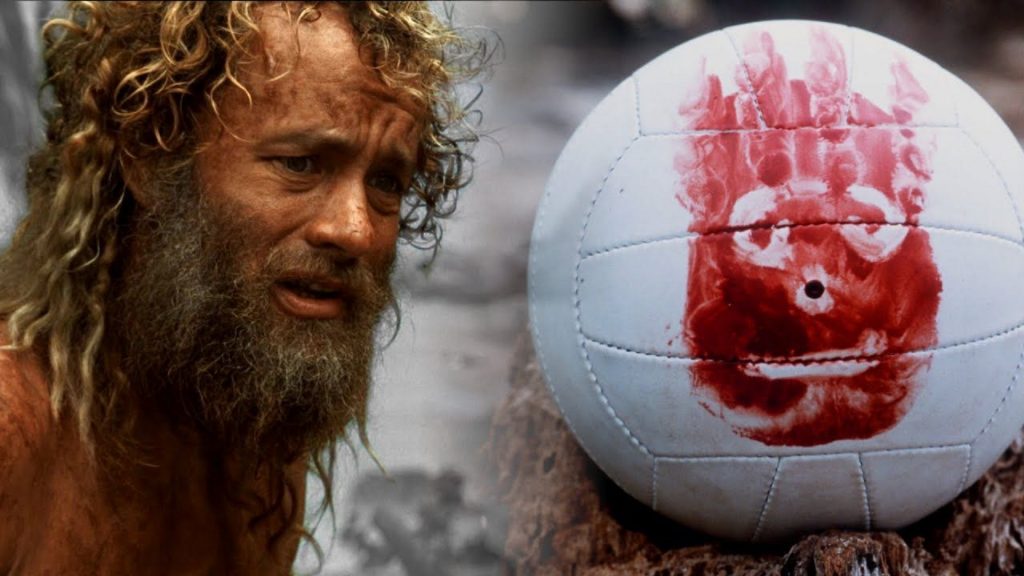A reflection on the movie “Tenet” in relation to childhood trauma

If you have watched the movie “Tenet”, you may find the idea of inverted entropy, which allows people to move backwards through time, creative and exciting. In the movie, the Protagonist’s mission is to stop the use of the algorithm for inverting the entire world. It is beyond dispute that this is a catastrophic outcome if the world is being extinguished by the activation of the algorithm. In fact, if this device can be used in a meaningful way, I would like it to be used in reversing the childhood traumatic experiences of my adult clients.
According to the Centers for Disease Control and Prevention (CDC) of the USA, research showed that more than 60 percent of American adults have experienced at least one adverse childhood experience (ACE) in childhood. Adverse childhood experience includes physical, emotional and sexual abuse, physical and emotional neglect, and witnessing violence, serious mental illnesses or substance misuse at home. Research also showed that almost 25 percent of adults (most likely an underestimation) experiences three or more ACEs.
There are individual differences in the outcome of experiencing ACEs in childhood. Some adults could live a completely normal life with mild anxiety and disturbances. Some adults experienced severe complex post-traumatic stress symptoms (C-PTSD) that affected their daily normal functioning significantly. The typical symptoms of someone with C-PTSD are the experience of emotional flashbacks, chronic shame, self-abandonment, inner critics and social anxiety. Emotional flashbacks are sudden regression to overwhelming emotional states of being an abused child in the past. For example, a client of mine suddenly feel overwhelmed by her fear and shame when being in a normal social gathering with a group or familiar friends.
Even though the algorithm in the movie “Tenet” is fictional, at least partial recovery from the harm caused by adverse childhood experience is possible. Through psychotherapy, cognitive healing for shrinking the inner critic, grieving about the loss of a “good enough” childhood, emotional healing through accessing the suppressed emotions, as well as mindedness-based and somatic-based exercises are some components contributing to the time-consuming recovery process of adults who experienced childhood trauma. Furthermore, if the adult is lucky enough to develop an intimate relationship with a nurturing and loving partner, it may also act as the time reversing algorithm of “Tenet” to reverse the harm done by an abusive parent. As one of the actresses in the movie said, “You have to start looking at the world in a new way”. Through new nurturing and loving relationships, one might be able to recover from the harm caused by ACEs by starting to see interpersonal relationships in a new perspective.
In my practice, it is very common for a high-functioning adult to dismiss his or her symptoms of C-PTSD. It is because one may think others do not believe that he or she suffers so much internally given one’s career success or intact family life. The individual may feel hopeless in getting someone to understand them (even mental health professionals may not understand them well), not to mention the harm caused by the childhood trauma be reversed. I would like to say that a less-than-perfect and less-than-complete “algorithm” is available for those who suffer internally due to adverse childhood experiences. I am touched by the one of the lines in the movie, “What’s happened, happened.” This means that we definitely cannot erase our ACEs, but there is a possibility that we could see it in a new ways and recover from the harm caused.



